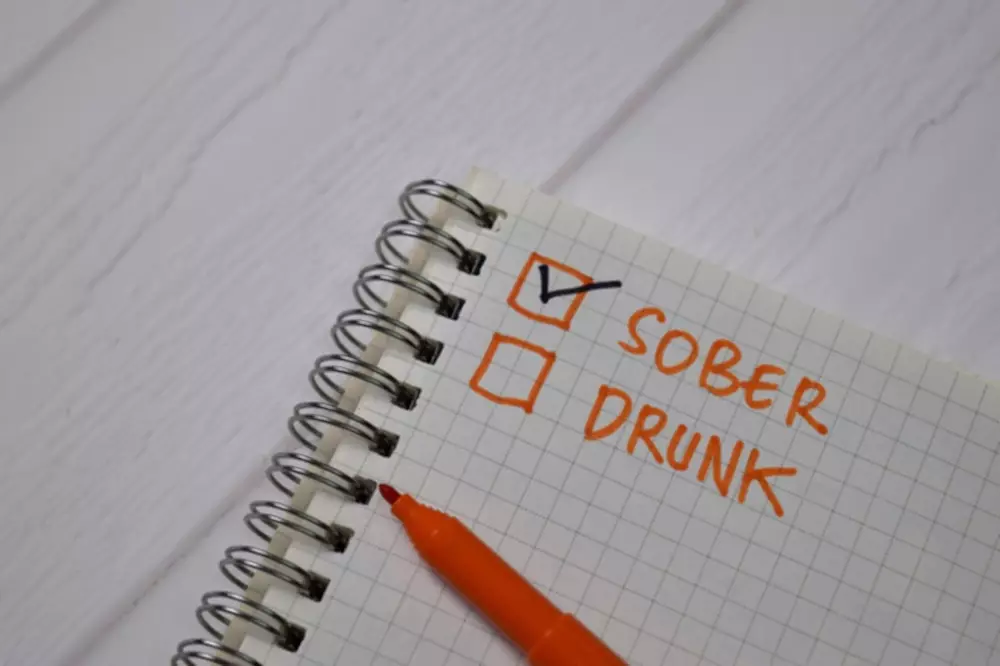Content
Remember to pack a mask (just in case), review any possible restrictions/regulations in your vacation destination, and join the dance of life. Remember that you’ve built a network of people while in recovery to help keep you on track. Be sure to use this foundation for your recovery whenever you feel you need to. Reach out to your resources and explore new ones, attend online support group meetings, message your sober friends back home, connect with other sober travelers or even post on your blog to feel connected to others. From delayed flights to unexpected hotel locations, there may be many last-minute changes that cause you to lean even more into the “adventure” than you planned. Preparing yourself mentally to take on these challenges can help mitigate the levels of stress or triggers that may come with stress.
Letting conflicts fester puts your recovery at risk and diminishes your travel experience. Carry nutritious snacks with you while traveling so you’ll always have something on hand. Prepare for sleep by packing earplugs, natural sleep aids, chamomile tea, a sleep mask, and a light blanket in your carry-on bag. Try to wake up and go to sleep at normal times, and if you’re in a new time zone, try to soak up the sun to help your circadian rhythm adjust. Do all you can to learn about the place you’ll visit, the customs, and even the modes of transportation you’ll need to navigate the area. New experiences are part of the fun of travel, but too many new things can trigger the desire for old comforts for people with substance use disorders.
Recovery, health, and job performance: effects of weekend experiences.
Data from Qunar showed long-haul trips faced some challenges in early August, due to sporadic outbreaks of COVID-19 in some cities. However, thanks to tourism consumption coupons issued by the government, local tourism saw some recovery, and didn’t affect the whole summer vacation market. This includes meetings (if you go to recovery meetings), maintaining your spiritual practice, calling your support network, exercising, eating healthy, getting enough sleep, drinking plenty of water, and having ample quiet time.
Why don’t I feel rested after vacation?
One reason people feel post-vacation fatigue is that they push themselves too hard when they're back home. If someone's effort to take care of as many home tasks as possible before leaving fell a little short, there can be an overwhelming feeling of “I need to catch up to get back on track”.
For many, a vacation means an escape from reality to a beautiful getaway. At said getaway, alcoholic beverages, music, and wild behavior may be included. However, for those in recovery, a vacation can mean a stressful situation that can lead to relapse if not properly prepared. We need a rock-solid basis upon which to construct the new recovery, and that’s being laid here. There is always the chance that a patient who is having a difficult day will depart against medical advice, even if good drug abuse therapy is available locally. When a drug companion or enabler is just a phone call away, disaster could be waiting in the wings.
Workdays, in-between workdays and the weekend: a diary study on effort and recovery
Visualizing your success will create a “script” in your brain and help you focus on your goals if you encounter temptations. Further, observer-rated creative performance would have been an interesting addition to the self-reported measure. We had actually included the Alternative Uses task before and after vacation. sober vacations However, due to a technical error, the two different tasks (i.e., generating creative used for a brick or a newspaper) were not counterbalanced correctly. We tested our hypotheses with app usage as a control variable in order to control its effect and assess the changes in creativity before and after vacation.
We are responsible for our own recovery, which means personal accountability, preparation and structure must accompany us on all of our vacations. We get up refreshed, early and ready to experience the day. Since 2020 we have certainly learned to live in the moment, curious and passionate about our interests. And we are unencumbered by the need to pack or find our substance of use on a remote island, backwoods village, or camelback excursion.
Do Stay Connected
We provide stroke survivors and their families stroke rehabilitation intensive training weeks (and vacation!) in Cyprus and the Netherlands. We integrate practical application of the latest stroke science, and “out of the box tools” that help many who are stuck after the first rehabilitation, including Linda, to continue their recovery after stroke. The opinions and views of our guest contributors are shared to provide a broad perspective of eating disorders. These are not necessarily the views of Eating Disorder Hope, but an effort to offer discussion of various issues by different concerned individuals. Libby currently works as a counselor at Fontbonne University and is a Adjunct Professor at Saint Louis University, and is a contributing author for Addiction Hope and Eating Disorder Hope.

Parties, dining out, travel anxiety, and family dynamics are just some of the triggers you can anticipate. Why did employees perceive their creativity to be lower after vacation? These findings could be explained by workload after vacation. https://ecosoberhouse.com/ One could argue that creativity was perceived to be increased 2 weeks after their vacation because after 2 weeks back at work, the employees had successfully addressed the accumulated tasks and were able to focus on new tasks.